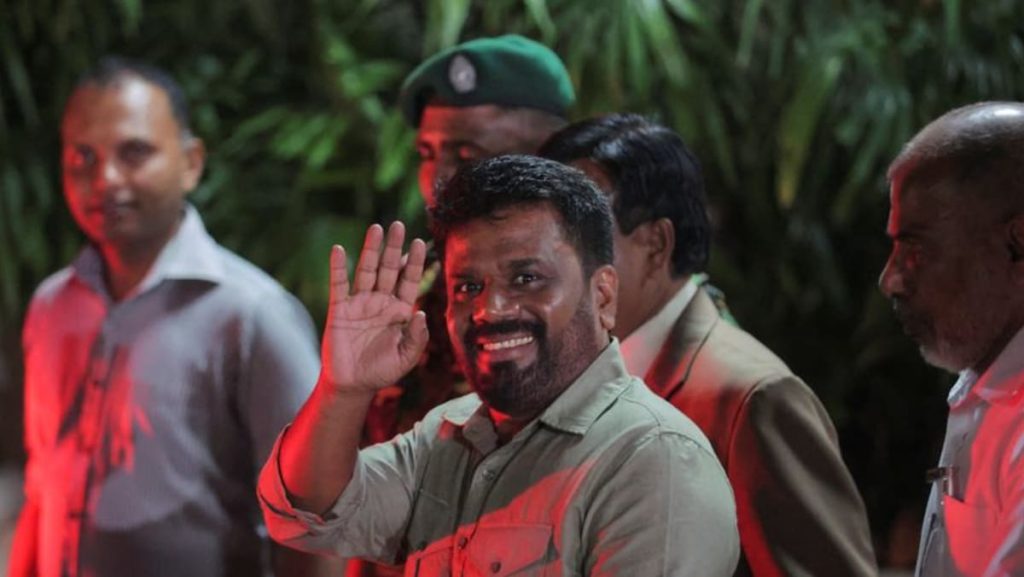Sri Lanka’s president-elect, Anura Kumara Dissanayaka of the People’s Liberation Front (JVP), is set to be sworn in after winning a landslide victory in the polls. Dissanayaka, a self-proclaimed Marxist, received nearly 1.3 million more votes than his closest rival. This victory comes amid widespread public anger over the country’s economic crisis, which has caused severe hardships for ordinary Sri Lankans.
The 55-year-old politician expressed gratitude for the support and sacrifices made by those who contributed to his victory. He acknowledged the efforts of those who had given their sweat, tears, and lives for the cause, stating that the dream they had collectively nurtured for centuries was finally becoming a reality. Dissanayaka emphasized that the victory belonged to everyone, with millions of hopeful eyes pushing them forward to rewrite Sri Lankan history.
The swearing-in ceremony was scheduled to take place at 9am at the President Secretariat in Colombo, according to election commission officials. Dissanayaka’s rise to power marks a significant shift in Sri Lankan politics, with his party having led two failed uprisings in the past that resulted in the deaths of thousands. His unexpected surge in popularity may be attributed to the economic turmoil facing the country, as voters look for solutions to alleviate the crisis.
Dissanayaka’s win serves as a significant turning point in Sri Lanka’s political landscape, with his leftist ideology potentially shaping the direction of the country’s policies and governance. As he takes office, Dissanayaka faces the daunting task of addressing the economic challenges that have plagued Sri Lanka and implementing reforms to improve the lives of its citizens. The new president-elect will have to navigate complex political dynamics and work towards rebuilding trust with the public, who have placed their hopes and expectations in his leadership.
Moving forward, Dissanayaka’s administration will be closely watched both domestically and internationally as he sets out to fulfill his promises and tackle the pressing issues facing Sri Lanka. The extent of his success in addressing the economic crisis and implementing much-needed reforms will be crucial in determining his legacy and the trajectory of the country. As he embarks on this new chapter, Dissanayaka will need to demonstrate strong leadership, resolve, and vision to steer Sri Lanka towards a more stable and prosperous future.


